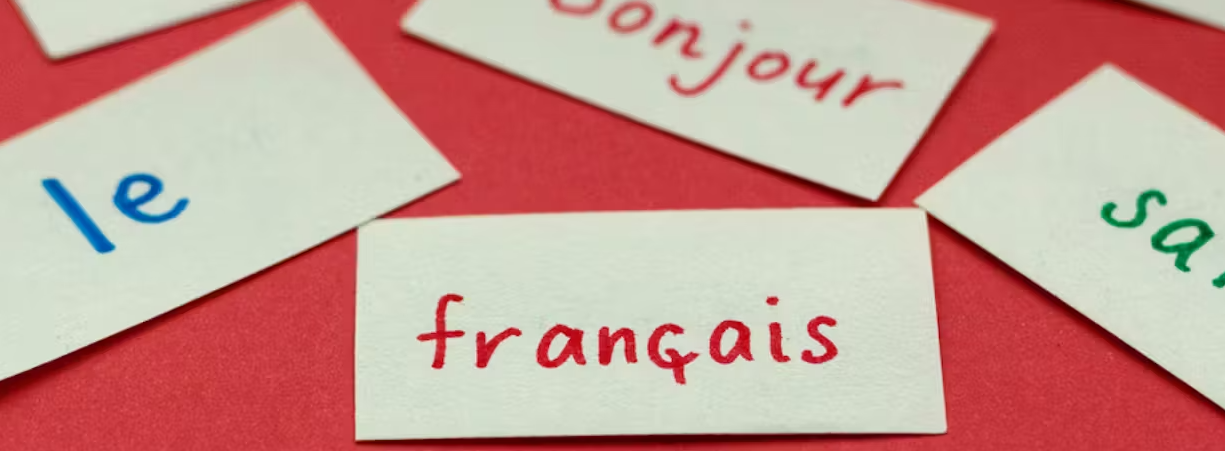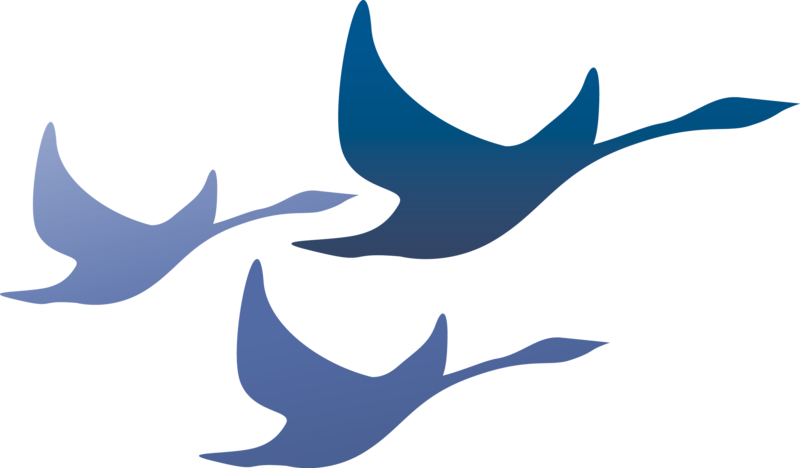

Why study this course? If you dream of living overseas, travelling the world with work and helping people communicate, gaining language skills can help you. There are 27 countries in the world where French is the first language. Most degree courses would appreciate people who take a language. There are many courses around the UK where you can study towards a single honours degree in French. The majority of these courses involve a year studying in France or another French-speaking country. Also, there are many courses where you can take a language in addition to another subject, which could lead to a very exciting year abroad indeed! If you are able to speak a foreign language, it will increase your chances of finding work abroad, whatever job you want to do, so being able to speak a second language could increase your chances of getting hired and moving up within a company. What will you study? This linear qualification focuses on three core elements, separated over four themes of study: social issues and trends; political and artistic culture; and grammar. The course is divided into three different elements of assessment. All exams are linear and take place at the end of year 13. Course components Paper 1: Listening, Reading and Writing, (Two hour and 30 mins, 100 marks, 50% of A-Level): Listening: Listening and responding to spoken passages from a range of contexts. All questions are in French. Reading: Reading and responding to a variety of texts written for different purposes, drawn from a range of authentic sources. All questions are in French. Writing: Translation into English; a passage of minimum 100 words. Paper 2: Writing on literary works of art (Two hours, 80 marks, 20% of A-Level). Either one question in French on a set text from a choice of two questions and one question in French on a set film from a choice of two questions; or two questions in French on set texts from a choice of two questions on each. Paper 3: Speaking: Independent Research Project (21-25 minutes, including five minutes’ preparation time, 60 marks, 30% of A-Level). Individual research project on a topic that interests you the most from the themes of study on the course i.e. aspects of French-speaking society; current issues, artistic culture in the French-speaking world, aspects of political life in the French-speaking world. Future Pathways Languages are an excellent subject choice for a wide variety of careers, especially those involving translation or communication with people from non-English speaking countries. This can include careers in tourism, government, politics, media, publishing and journalism. You can also work in education, fashion or law.
French 6 with a 7 in the written paper
See course components
About Education Provider
| Region | South East |
| Local Authority | Buckinghamshire |
| Ofsted Rating | Good |
| Gender Type | Co-Educational |
| Address | Misbourne Drive, Great Missenden, HP16 0BN |
Why study this course? If you dream of living overseas, travelling the world with work and helping people communicate, gaining language skills can help you. There are 27 countries in the world where French is the first language. Most degree courses would appreciate people who take a language. There are many courses around the UK where you can study towards a single honours degree in French. The majority of these courses involve a year studying in France or another French-speaking country. Also, there are many courses where you can take a language in addition to another subject, which could lead to a very exciting year abroad indeed! If you are able to speak a foreign language, it will increase your chances of finding work abroad, whatever job you want to do, so being able to speak a second language could increase your chances of getting hired and moving up within a company. What will you study? This linear qualification focuses on three core elements, separated over four themes of study: social issues and trends; political and artistic culture; and grammar. The course is divided into three different elements of assessment. All exams are linear and take place at the end of year 13. Course components Paper 1: Listening, Reading and Writing, (Two hour and 30 mins, 100 marks, 50% of A-Level): Listening: Listening and responding to spoken passages from a range of contexts. All questions are in French. Reading: Reading and responding to a variety of texts written for different purposes, drawn from a range of authentic sources. All questions are in French. Writing: Translation into English; a passage of minimum 100 words. Paper 2: Writing on literary works of art (Two hours, 80 marks, 20% of A-Level). Either one question in French on a set text from a choice of two questions and one question in French on a set film from a choice of two questions; or two questions in French on set texts from a choice of two questions on each. Paper 3: Speaking: Independent Research Project (21-25 minutes, including five minutes’ preparation time, 60 marks, 30% of A-Level). Individual research project on a topic that interests you the most from the themes of study on the course i.e. aspects of French-speaking society; current issues, artistic culture in the French-speaking world, aspects of political life in the French-speaking world. Future Pathways Languages are an excellent subject choice for a wide variety of careers, especially those involving translation or communication with people from non-English speaking countries. This can include careers in tourism, government, politics, media, publishing and journalism. You can also work in education, fashion or law.
French 6 with a 7 in the written paper
See course components